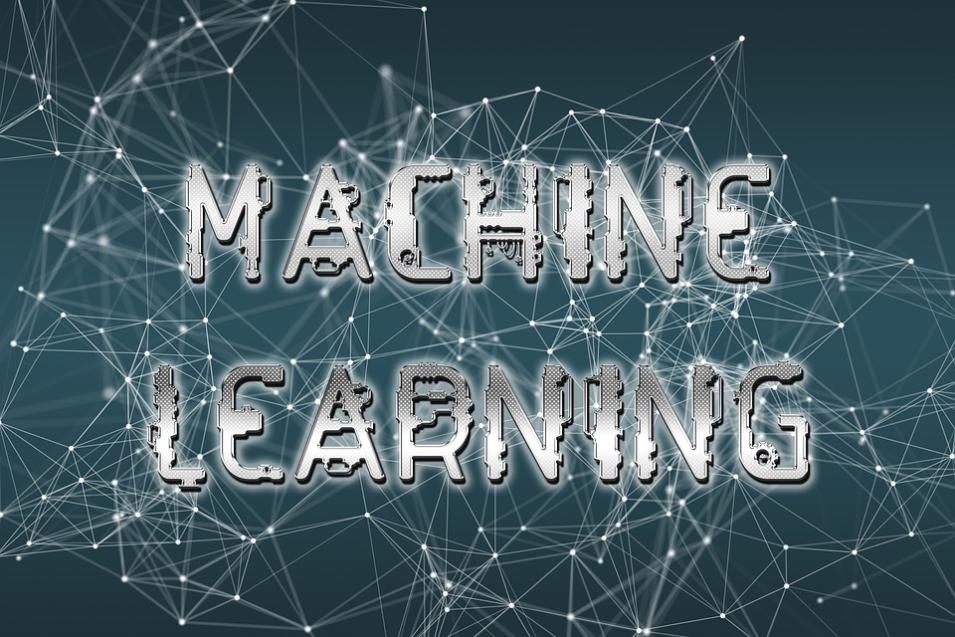Can AI Be Used to Make Government Contracting More Efficient?
Government contracting is a complex and challenging process, often involving multiple stakeholders, regulations, and a vast amount of data. Enhancing efficiency in this domain is crucial to ensure timely project completion, cost-effectiveness, and compliance with legal requirements. Artificial intelligence (AI) has emerged as a promising tool that can revolutionize government contracting by automating tasks, improving decision-making, and mitigating risks.

AI Applications In Government Contracting
- AI-powered data analytics: AI algorithms can analyze vast amounts of contracting data to identify patterns, trends, and anomalies. This enables government agencies to make informed decisions, optimize resource allocation, and enhance contract performance.
- AI-driven automation: AI-powered tools can automate repetitive and time-consuming tasks such as contract creation, bid evaluation, and invoice processing. Automation streamlines the contracting process, reduces manual errors, and allows contracting officers to focus on strategic activities.
- AI-enabled fraud detection and prevention: AI algorithms can analyze historical data and identify suspicious patterns that may indicate fraudulent activities. This helps government agencies detect and prevent fraud, ensuring the integrity of the contracting process and protecting public funds.
- AI-assisted contract management and compliance: AI tools can assist contracting officers in managing contracts, tracking milestones, and ensuring compliance with contractual obligations. AI-driven systems can monitor contract performance, identify potential risks, and provide timely alerts to facilitate proactive decision-making.
Benefits Of Using AI In Government Contracting
- Enhanced efficiency and cost savings: AI-powered automation and data analytics can significantly improve the efficiency of government contracting processes. This leads to reduced administrative costs, faster contract execution, and improved project outcomes.
- Improved transparency and accountability: AI-driven systems can provide real-time visibility into the contracting process, enabling stakeholders to track progress, identify bottlenecks, and ensure accountability. This transparency enhances trust and confidence in the contracting system.
- Reduced risk and increased compliance: AI algorithms can analyze historical data and identify potential risks associated with contractors and projects. This enables government agencies to make informed decisions, mitigate risks, and ensure compliance with legal and regulatory requirements.
- Accelerated innovation and technological advancements: AI-driven solutions can foster innovation in government contracting by enabling the adoption of new technologies and methodologies. This leads to improved service delivery, enhanced citizen engagement, and increased efficiency in public sector operations.
Challenges And Considerations
- Data privacy and security concerns: The use of AI in government contracting raises concerns about data privacy and security. Government agencies must implement robust measures to protect sensitive data, prevent unauthorized access, and comply with data protection regulations.
- Ethical and legal implications of AI use: The use of AI in decision-making processes raises ethical and legal considerations. Government agencies need to address issues such as bias, fairness, and accountability when using AI algorithms in contracting.
- Need for skilled workforce and AI expertise: The adoption of AI in government contracting requires a skilled workforce with expertise in AI technologies and contracting processes. Government agencies need to invest in training and upskilling programs to bridge the skills gap and ensure successful AI implementation.
- Potential job displacement and the future of work: The automation of tasks through AI may lead to job displacement in the government contracting sector. Governments need to develop strategies to mitigate the impact on workers and prepare for the future of work in the digital age.
Case Studies And Examples
Several successful implementations of AI in government contracting have demonstrated the potential benefits of this technology. For instance, the U.S. Department of Defense has used AI to analyze large volumes of contracting data to identify potential fraud and overpayments. The results have led to significant cost savings and improved contract management.
Another example is the use of AI in the U.K. government's procurement process. AI-powered tools have been employed to automate bid evaluation, reducing the time and resources required for this task. The implementation has resulted in increased efficiency and transparency in the procurement process.
Future Outlook And Recommendations

The future of AI in government contracting is promising, with emerging trends and advancements pointing towards even greater benefits. As AI technologies continue to evolve, government agencies can expect improved AI algorithms, enhanced data analytics capabilities, and more sophisticated automation tools.
To maximize the potential of AI in government contracting, policy recommendations include promoting AI adoption through funding, incentives, and regulatory support. Governments should also invest in research and development to advance AI technologies and address challenges related to data privacy, ethics, and workforce development.
AI has the potential to revolutionize government contracting by enhancing efficiency, improving transparency, reducing risks, and accelerating innovation. By addressing challenges and implementing AI solutions strategically, government agencies can harness the power of AI to transform the contracting process and deliver better outcomes for citizens and businesses.
YesNo

Leave a Reply